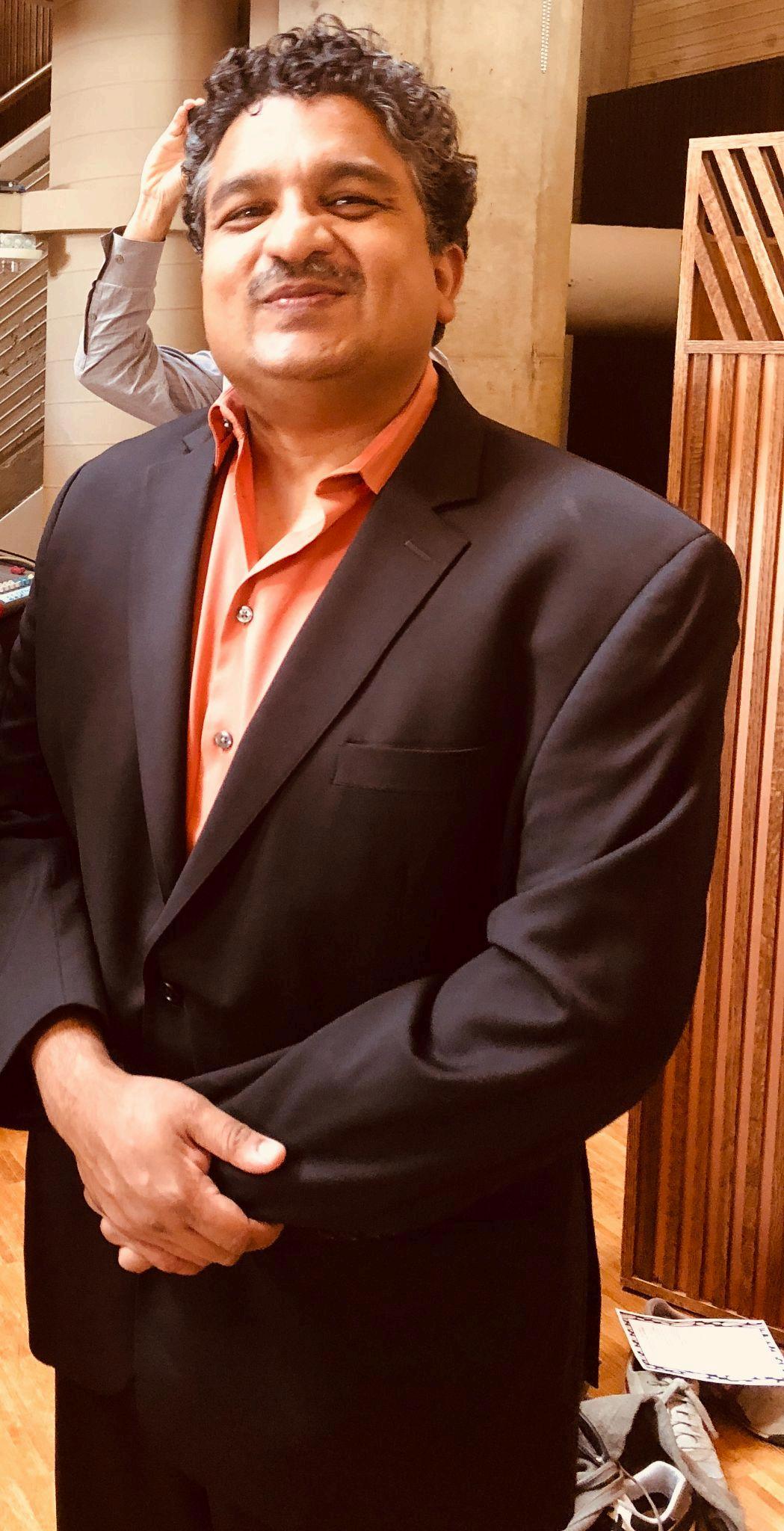Years of Student Leadership Development: Building the Foundations of Future Success

Isam Vaid suggests that leadership is not a skill learned overnight; it is a journey shaped by years of growth, reflection, and real-world experience For students, developing leadership skills during their academic years lays the groundwork for success far beyond the classroom. These formative experiences teach the qualities that define effective leaders: responsibility, communication, empathy, and vision. Years of student leadership development represent much more than holding titles or organizing events; they signify the evolution of character and confidence Through every challenge, collaboration, and achievement, students learn how to inspire others, make meaningful decisions, and leave a lasting impact within their communities.
From the first opportunity to take initiative, student leaders begin to understand that leadership is as much about service as it is about direction. Whether guiding peers in group projects, managing school organizations, or representing student bodies, they learn to strike a delicate balance between authority and empathy. Early experiences often reveal that authentic leadership is not about control, but about empowering others to succeed. This understanding shapes young leaders into individuals who value teamwork and collaboration Each responsibility, no matter how small, builds confidence and accountability, establishing the habits and mindset necessary for long-term growth

As student leaders assume greater roles, they begin to realize how leadership extends beyond individual effort It becomes about building relationships, fostering trust, and creating environments where others can thrive. Through collaboration, they learn to communicate effectively, mediate conflicts, and motivate diverse groups toward common goals These interpersonal skills, honed over years of practice, become the backbone of professional and personal success. The ability to listen actively, adapt to feedback, and lead with empathy transforms leadership from a position into a purpose In the process, students discover that influence stems not from authority, but from authenticity and integrity
Leadership development also teaches resilience Challenges are inevitable, including projects that fail, plans that change, and moments of uncertainty that test one's resolve. These experiences, while difficult, are often the most valuable They teach students how to handle pressure, recover from setbacks, and remain composed in the face of adversity. Over time, resilience evolves into confidence, and confidence into wisdom. Student leaders who face obstacles with determination learn that success is not defined by perfection, but by perseverance. These lessons prepare them to navigate the complexities of adult life, where leadership often requires courage, adaptability, and patience

Equally important is the development of vision, the ability to see beyond immediate goals and imagine broader possibilities. Student leadership fosters this perspective by encouraging initiative and innovation. From planning events to launching community projects, students learn to think critically and strategically They begin to recognize how their actions can create positive change not just within their schools, but in society as a whole. This forward-thinking mindset transforms them into leaders who inspire progress The years spent cultivating such skills equip students to take on future roles in business, education, and public service with clarity and purpose.
Mentorship plays a decisive role throughout this process. Guidance from teachers, administrators, and peers helps young leaders refine their strengths and overcome weaknesses. The best mentors model integrity and empathy, encouraging growth through both encouragement and accountability. Over time, students become mentors themselves, continuing the cycle of leadership development This exchange of wisdom strengthens the sense of community within schools and organizations, proving that leadership is not an individual pursuit, but a shared journey built on trust and support

Years of student leadership development shape individuals who are not only capable but compassionate. They emerge as confident communicators, critical thinkers, and problem solvers who understand the value of teamwork and service These experiences cultivate more than leadership; they foster humanity. The lessons learned through student leadership extend far beyond school, influencing how individuals approach their careers, relationships, and civic responsibilities True leaders are those who uplift others while continually learning and evolving themselves. In that sense, the journey never ends. The years spent in student leadership are only the beginning of a lifelong commitment to growth, purpose, and positive change
